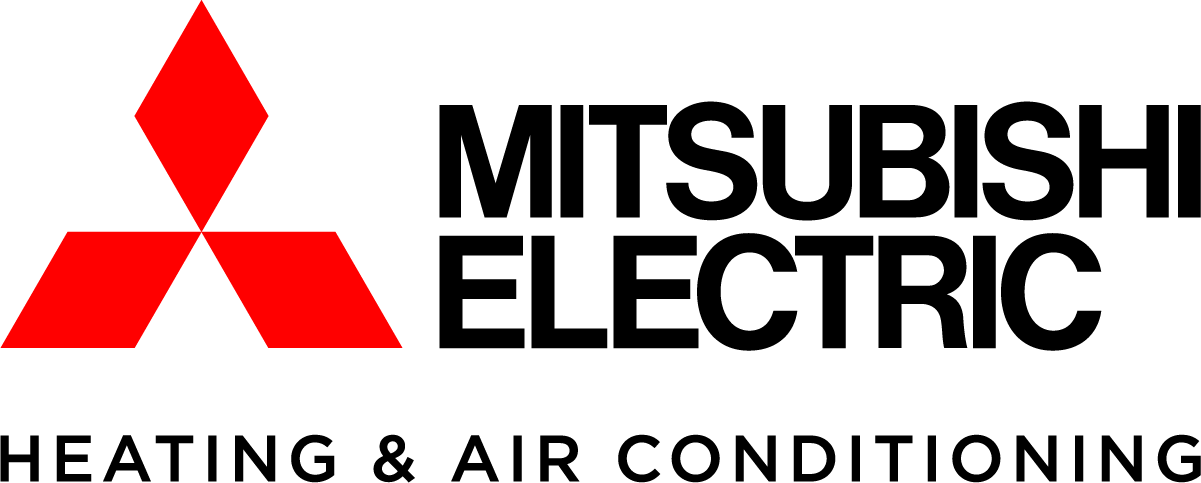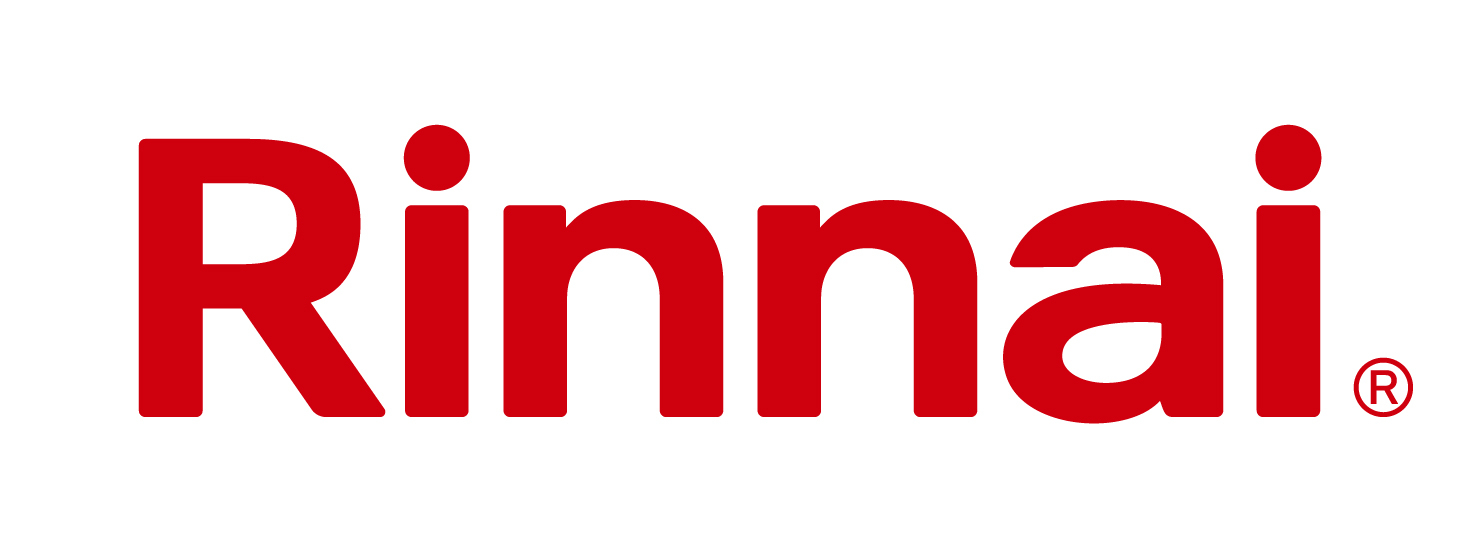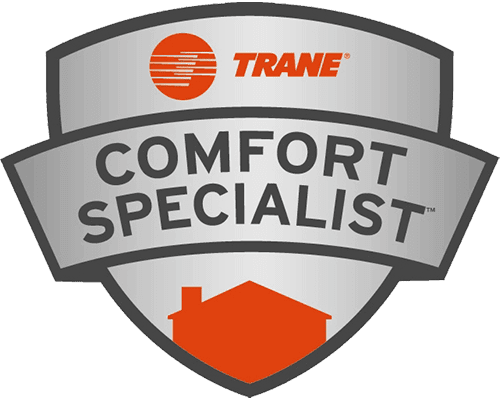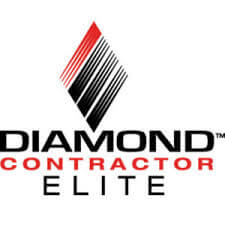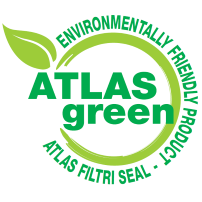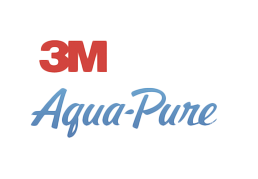Understanding Your Water Heater Options
When selecting a water heater for your home in Boxborough, MA, or surrounding areas like Acton, Westford, Concord, Sudbury, and Lexington, understanding the fundamental differences between standard and tankless systems becomes crucial for making an informed decision. We specialize in both traditional tank-style water heaters and modern tankless solutions, offering comprehensive installation, maintenance, and repair services throughout the region. Since our founding in July 1990, we’ve installed thousands of water heating systems, gaining invaluable experience with both technologies.
The choice between standard and tankless water heaters affects your home’s energy efficiency, hot water availability, and long-term operating costs. Each system offers distinct advantages depending on your household size, water usage patterns, and installation requirements. Our team provides free estimates on heating and cooling installations, including water heater replacements, helping homeowners understand the full scope of their investment before making a decision.
Traditional Tank Water Heaters: Proven Reliability
Standard tank water heaters remain the most common choice in American homes, storing between 30 to 80 gallons of heated water ready for immediate use. These systems continuously maintain water temperature through either electric heating elements or gas burners, ensuring hot water availability whenever you turn on a faucet. The storage tank design allows multiple fixtures to draw hot water simultaneously without significant temperature fluctuations, making them ideal for larger households with high concurrent usage.
Installation of traditional water heaters typically requires less complex plumbing modifications compared to tankless systems. The straightforward design means most homes already have the necessary electrical or gas connections, venting requirements, and space allocations. Standard models generally cost between $500 to $2,000 for the unit itself, with installation adding another $500 to $1,500 depending on complexity. These systems typically last 8 to 12 years with proper maintenance, though factors like water quality and usage patterns significantly impact longevity.
Tankless Technology: Efficiency and Space Savings
Tankless water heaters, also called on-demand or instantaneous water heaters, heat water only when needed, eliminating standby energy losses associated with maintaining a tank of hot water. These compact units mount on walls, freeing valuable floor space in basements, utility closets, or garages. As a certified NSS (Navien Service Specialist), we possess specialized expertise in installing and servicing these advanced systems, ensuring optimal performance and efficiency.
The operation principle involves cold water flowing through a heat exchanger where either gas burners or electric elements rapidly heat the water to the desired temperature. Modern tankless units achieve efficiency ratings exceeding 95%, compared to 60-80% for standard tank models. This increased efficiency translates to energy savings of 24-34% for homes using less than 41 gallons of hot water daily, according to the Department of Energy. For homes using around 86 gallons daily, savings still reach 8-14%.
Installation Considerations and Requirements
Installing either system requires careful evaluation of your home’s existing infrastructure. Standard water heaters need adequate floor space, proper venting for gas models, and sufficient electrical capacity for electric units. Most replacements involve straightforward swap-outs, though upgrading tank size or switching fuel types may require additional modifications. We maintain seven-day availability to accommodate urgent replacement needs and scheduled installations alike.
Tankless installations often demand more extensive modifications, particularly when retrofitting older homes. Gas models typically require larger gas lines to accommodate higher BTU demands during operation, while electric models may need electrical panel upgrades to handle 120-240 amp requirements. Proper venting becomes critical for gas tankless units, often necessitating stainless steel venting materials resistant to condensation. Despite higher upfront costs, the 20+ year lifespan of tankless units often justifies the investment.
Performance Characteristics and Limitations
Understanding performance differences helps set realistic expectations for each system type. Standard water heaters deliver consistent temperature and pressure regardless of demand, limited only by tank capacity. Once depleted, recovery time varies based on fuel type and tank size, with gas models typically reheating faster than electric versions. This predictable performance makes planning around peak usage times straightforward.
Tankless systems provide unlimited hot water but face flow rate limitations. Most residential units deliver 2-5 gallons per minute (GPM) when raising water temperature by 70°F. This capacity serves single fixtures well but may struggle with simultaneous demands like running dishwashers while showering. Climate affects performance significantly, as colder incoming water temperatures reduce maximum flow rates. We often recommend multiple units for larger homes or those with high simultaneous demand.
Maintenance Requirements and Long-term Care
Regular maintenance extends equipment life and maintains efficiency for both system types. Standard water heaters benefit from annual flushing to remove sediment buildup, anode rod inspections every 2-3 years, and temperature-pressure relief valve testing. These relatively simple procedures prevent premature tank failure and maintain heating efficiency. As an ACCA (Air Conditioning Contractors of America) member, we follow industry best practices for all maintenance procedures.
Tankless units require different maintenance approaches, focusing on descaling heat exchangers to prevent mineral buildup that reduces efficiency and flow rates. Hard water areas may need descaling every 6-12 months, while softer water regions might extend intervals to 2-3 years. Filter cleaning, venting inspections, and combustion analysis ensure safe, efficient operation throughout the unit’s extended lifespan.
Making the Right Choice for Your Home
Several factors influence the optimal choice between standard and tankless water heaters:
- Household size and water usage patterns: Larger families with simultaneous hot water demands often benefit from tank systems or multiple tankless units
- Available space: Homes with limited utility space appreciate tankless units’ compact footprint
- Energy costs: Higher local energy prices increase tankless systems’ payback potential through efficiency gains
- Installation budget: Standard replacements cost less upfront, while tankless investments pay dividends through longevity and efficiency
- Future plans: Homeowners planning long-term residence benefit more from tankless systems’ extended lifespan
Cost considerations extend beyond initial purchase and installation. Standard water heaters typically cost $300-600 annually to operate, while tankless units reduce this to $200-400 through improved efficiency. However, tankless systems may require professional descaling services costing $150-300 annually in hard water areas. Factor these ongoing expenses when calculating total ownership costs.
Our expertise as a Trane Comfort Specialist and Diamond Elite contractor ensures professional installation regardless of your choice. We evaluate your home’s specific requirements, considering factors like family size, usage patterns, and existing infrastructure to recommend appropriate solutions. Every installation meets or exceeds manufacturer specifications and local building codes, protecting your investment and ensuring safe operation for years ahead.

